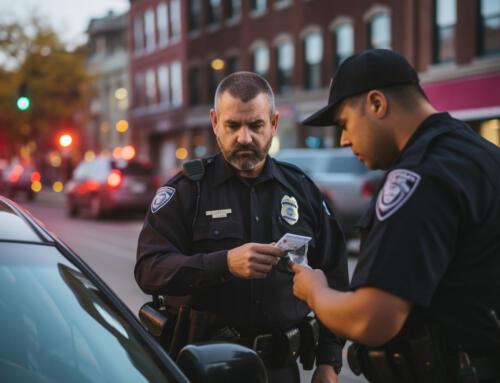Advanced Driver Assistance Systems (ADAS) are significantly reshaping the landscape of car accident claims, offering new challenges and opportunities for legal practitioners and insurance companies alike. These systems, which include features like automatic braking, lane-keeping assist, and adaptive cruise control, are designed to increase vehicle safety by preventing accidents before they happen. However, when accidents do occur, ADAS technologies profoundly impact the nature of claims and the legal strategies employed by firms such as COBB COUNTY LAW.
Impact on Liability and Claim Assessment
ADAS technologies complicate the process of determining liability in car accidents. Traditionally, fault could often be attributed to one or more drivers based on eyewitness accounts or police reports. However, with ADAS, liability may extend to manufacturers, software developers, or other third parties who might have failed in designing, manufacturing, or maintaining these systems. Attorneys Richard Blevins and Soo Hong of COBB COUNTY LAW have noted an increase in the complexity of investigations needed to accurately assign fault in accidents involving sophisticated ADAS.
For instance, in a case managed by COBB COUNTY LAW, an accident occurred where the ADAS failed to detect a stopped vehicle due to sensor impairment from adverse weather conditions. This incident required a detailed examination of the vehicle’s maintenance records, software logs, and the manufacturer’s specifications to determine the liable parties.
Influence on Insurance Practices and Policies
The integration of ADAS in vehicles is also prompting changes in how insurance claims are processed and evaluated. Insurance companies are beginning to adjust policies and premiums based on the presence of ADAS technology. Vehicles equipped with these systems might benefit from lower premiums due to their enhanced safety features, yet claims involving these technologies often require more technical expertise to resolve.
Market research indicates that in Marietta, GA, there has been a noticeable shift in how insurance adjusters are trained, with a growing focus on understanding ADAS components and their operation. This shift ensures that claims involving ADAS-equipped vehicles are handled accurately and fairly, reflecting the complexities introduced by this technology.
Legal and Ethical Considerations
The evolution of ADAS technologies brings with it not only technical and procedural changes but also significant legal and ethical considerations. Issues such as data privacy, consumer rights, and the potential for system manipulation or failure pose new legal challenges. Attorneys Blevins and Hong emphasize the importance of staying abreast of the latest developments in ADAS technology and related legislation to effectively represent clients involved in such cases.
One notable incident involved a collision where the ADAS system recorded detailed data about the vehicle’s speed and driver actions moments before the crash. This data was crucial in exonerating the driver from fault, showcasing how ADAS not only influences the outcome of individual cases but also raises significant privacy concerns that need to be navigated carefully. For more detailed information on how fault is assessed in these scenarios, consider reading about comparative fault in Georgia car accidents.
Conclusion
The advent of Advanced Driver Assistance Systems is undeniably transforming the field of car accident claims. As these technologies become more sophisticated and widespread, the legal landscape will continue to evolve. Firms like COBB COUNTY LAW are at the forefront, leveraging their deep expertise in personal injury law and their understanding of ADAS complexities to navigate this new terrain effectively. Through meticulous investigation and a thorough understanding of both the technology and the law, attorneys like Richard Blevins and Soo Hong are setting precedents in how ADAS-related car accident claims are handled, ensuring justice and fair compensation for all parties involved.
Connect with COBB COUNTY LAW on social media: Facebook | X (Twitter) | Instagram | LinkedIn | YouTube






